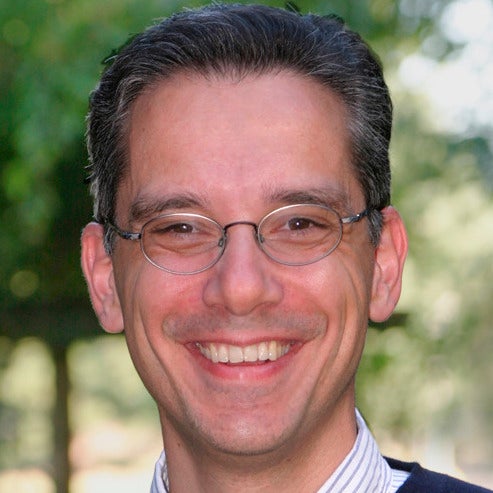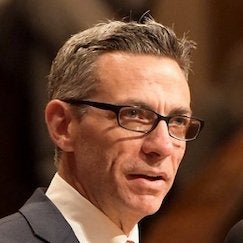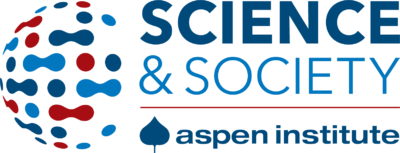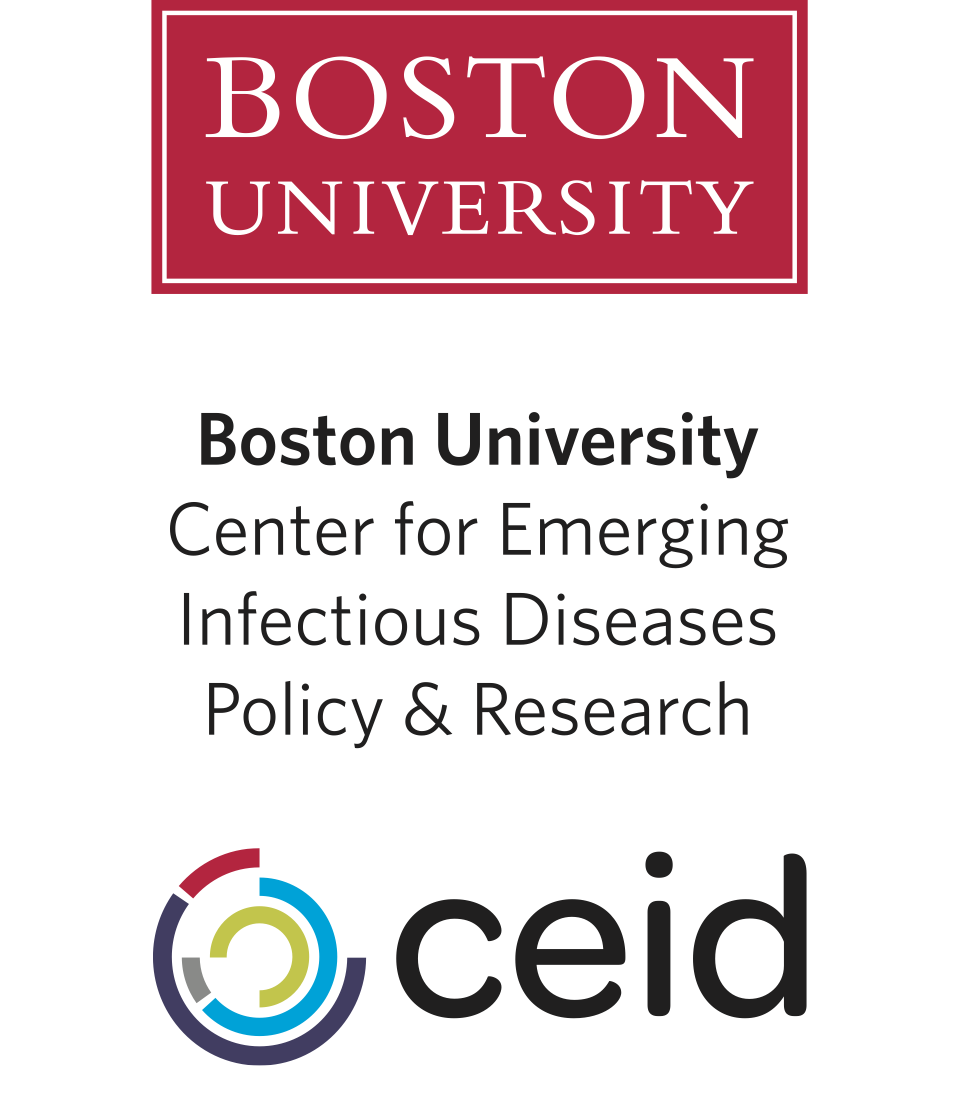What does it mean to “trust in science”? Which messages have we chosen to trust in the age of COVID-19? How have we sourced these messages, and how have evolving messages shaped the decisions we’ve made throughout the pandemic? Whom have we chosen as trusted advisers to deliver the messages upon which we rely? Since science evolves with new data and new results, what mixture of trust and skepticism is appropriate?
Join Boston University’s Center for Emerging Infectious Diseases Policy and Research (CEID, pronounced like “seed”) and The Aspen Institute Science & Society Program as we ask these questions. We will bring together four prominent science communicators and experts to explore:
• The “democratization of science” as it relates to choosing trusted messengers to lead our behavioral and policy decisions. If democratization is the golden standard for choosing political leaders we trust, how do we similarly choose the voices and leadership we will support, uplift, and trust while living through COVID-19?
• Implications of “state-sponsored disinformation” during a global pandemic
• The global interconnectedness of pandemics. How do our decisions affect those around us, especially the most vulnerable? How can we work collectively to overcome mistrust within communities that have been historically marginalized and excluded from scientific gains?
With the understanding that we are in an era of emerging infectious diseases, we will discuss how these factors shape our current behavior and how they will continue to shape who we look to for guidance in the face of the next threat. Most importantly, we will reflect on the implications of our decisions, based on those we’ve chosen to trust, on future generations both nationally and globally.
 Nahid Bhadelia, M.D., M.A.L.D.
Nahid Bhadelia, M.D., M.A.L.D.
Founding Director, Boston University Center for Emerging Infectious Diseases Policy and Research (CEID); Associate Director, National Emerging Infectious Diseases Laboratories (NEIDL), Boston University. She is an internationally recognized leader in highly communicable and emerging infectious diseases (EIDs) with clinical, field, academic, and policy experience in pandemic preparedness.
 Lee McIntyre, Ph.D.
Lee McIntyre, Ph.D.
Research Fellow, Center for Philosophy and History of Science, Boston University; author of Post-Truth, The Scientific Attitude, and How to Talk to a Science Denier.
 Cassandra Pierre, M.D., MPH, MSc
Cassandra Pierre, M.D., MPH, MSc
Assistant Professor at the Boston University School of Medicine; Medical Director of Public Health Programs and the Associate Hospital Epidemiologist at Boston Medical Center; and the Chair of the Diversity and Inclusion Council. Her research is focused on infection prevention in vulnerable populations.
 Clint Watts
Clint Watts
Distinguished Research Fellow at the Foreign Policy Research Institute and Non-Resident Fellow at the Alliance for Securing Democracy; President of Miburo Solutions; author of Messing With The Enemy: Surviving In A World Of Hackers, Terrorists, Russians and Fake News.
This event is co-hosted by the Aspen Institute Science & Society Program and Boston University’s Center for Emerging Infectious Diseases Policy and Research.




